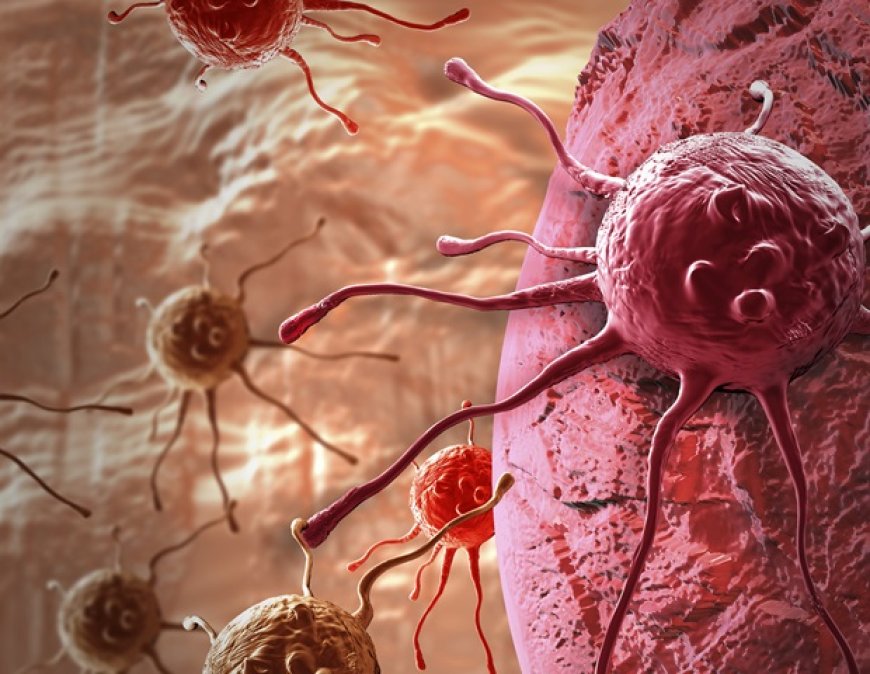Study Shows CD4 T Cells' Potential in Fighting Cancer
A breakthrough study by the University of Geneva reveals that CD4 T cells, traditionally considered auxiliary cells, possess strong killing capacity against various cancers. By reprogramming these cells to target a common tumour marker, researchers have demonstrated their ability to directly attack cancer cells while supporting other immune cells. This promising research offers hope for a faster and more effective therapeutic strategy for a wider range of patients.

In the fight against cancer, immunotherapy is growing rapidly. Most treatments are based on CD8 T cells, known as 'killer cells.' A team from the University of Geneva discovered that CD4 T cells, traditionally seen as support cells, also have strong killing capacity. By reprogramming these cells to target a common tumour marker, the team found promising results in treating various cancers. The study was published in Science Advances.
CD4 T cells were found to produce molecules supporting other immune cells. The team isolated a subset of CD4 T cells with a T cell receptor capable of recognizing a tumour-specific antigen. By engineering these cells, they successfully targeted melanoma, lung, ovarian, sarcoma, and brain cancers while sparing healthy cells.
The HLA system, responsible for immune recognition, plays a crucial role in the effectiveness of T cell therapies. The NY-ESO-1 antigen, targeted by the engineered CD4 T cells, is presented by a common HLA allele, expanding the potential patient pool.
A clinical trial for TCR-engineered CD4-based cell therapy is in preparation, offering hope for adults and children with cancers. The team aims to create a bank of pre-engineered immune cells from healthy donors for faster treatment, especially in aggressive cancers and paediatric neuroblastomas.
What's Your Reaction?
 Like
0
Like
0
 Dislike
0
Dislike
0
 Love
0
Love
0
 Funny
0
Funny
0
 Angry
0
Angry
0
 Sad
0
Sad
0
 Wow
0
Wow
0



























































































































































